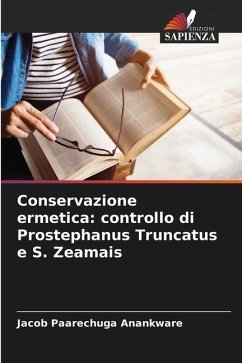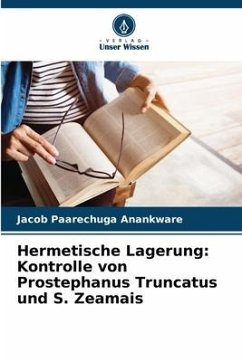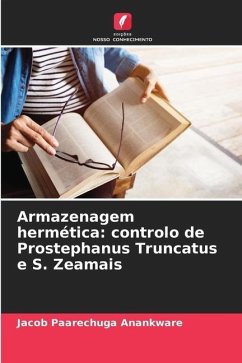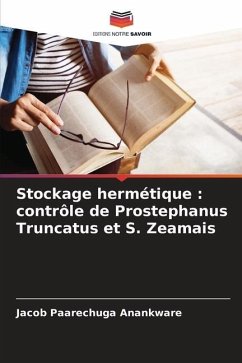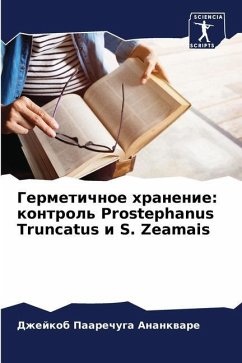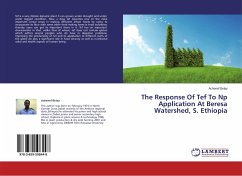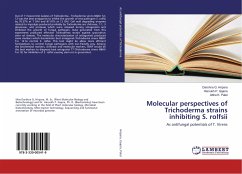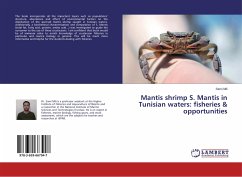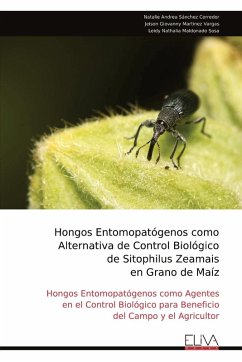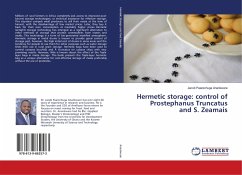
Hermetic storage: control of Prostephanus Truncatus and S. Zeamais
Versandkostenfrei!
Versandfertig in 6-10 Tagen
36,99 €
inkl. MwSt.

PAYBACK Punkte
18 °P sammeln!
Millions of rural farmers in Africa completely lack access to improved post-harvest storage technologies, or technical assistance for effective storage. This situation compels small producers to sell their maize at the time of harvest, with the disadvantage of low market prices. Later, they buy it back for their own consumption at inevitably higher prices. Hermetic (airtight) storage technology has emerged as a significant alternative to other methods of storage that protect commodities from insects and molds. This technology is a form of bio-generated modified atmosphere. Hermetic storage in ...
Millions of rural farmers in Africa completely lack access to improved post-harvest storage technologies, or technical assistance for effective storage. This situation compels small producers to sell their maize at the time of harvest, with the disadvantage of low market prices. Later, they buy it back for their own consumption at inevitably higher prices. Hermetic (airtight) storage technology has emerged as a significant alternative to other methods of storage that protect commodities from insects and molds. This technology is a form of bio-generated modified atmosphere. Hermetic storage in metal drums is known to provide good control of storage pest, however, the high initial cost of drums in some areas and the tendency for people to use them for other purposes such as water storage limits their use in rural grain storage. Hermetic bags have been used to control cowpea bruchids and P. truncatus on cassava chips with very promising results. However, little is known about the effect of the Triple layer bags in maize storage. This book presents the Triple-layer hermetic bag as a unique alternative for cost-effective storage of maize preferably without the use of pesticides.



